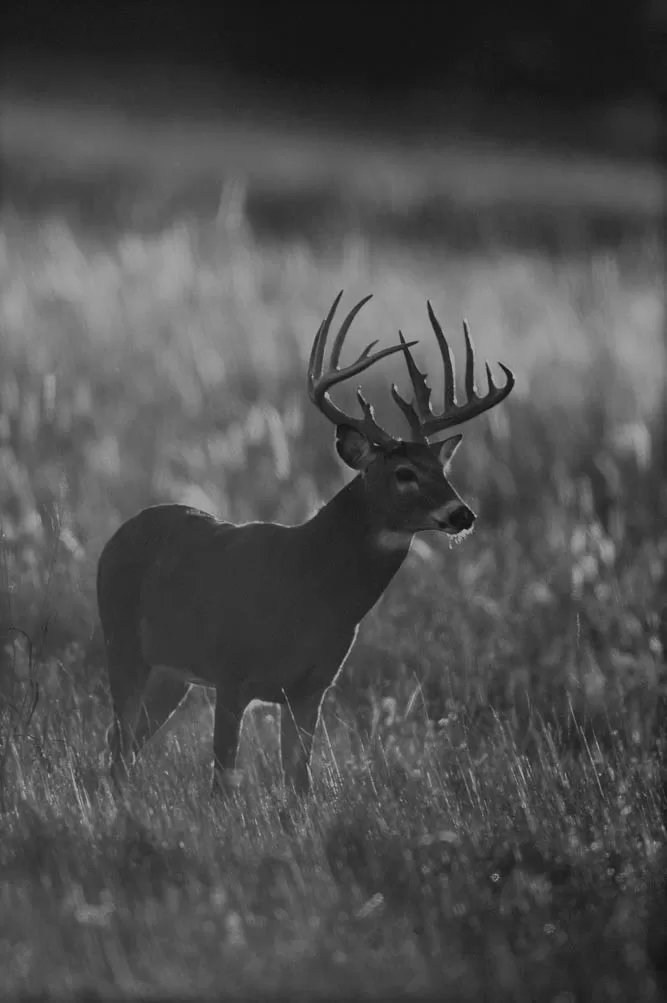When Bob was married, he went hunting two or three times a year, but just getting out seemed more important than getting anything. Now, after his divorce and his father’s death, he had taken a more success-oriented approach, and his walls were beginning to fill up with heads, horns, and birds in arrested stages of flight. He felt that, once again, his autumns seemed measured by opening seasons. Not only did his job at the realtors’ office slow down in...

